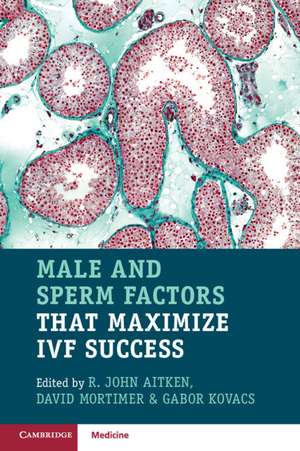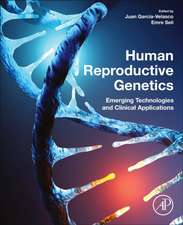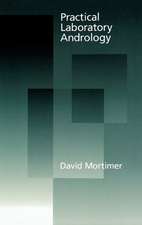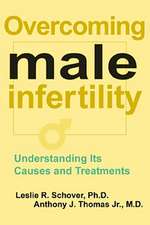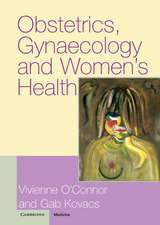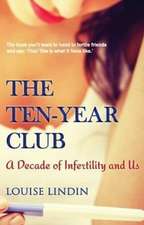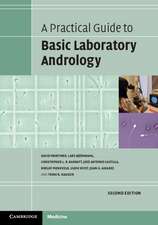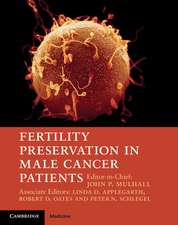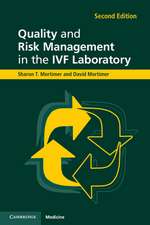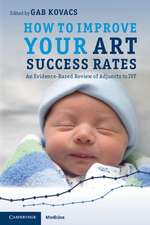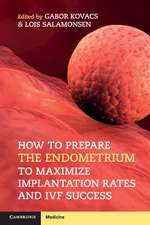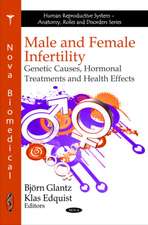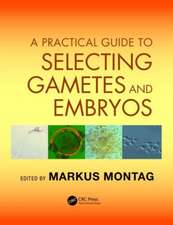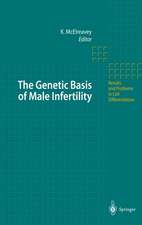Male and Sperm Factors that Maximize IVF Success
Editat de R. John Aitken, David Mortimer, Gabor Kovacsen Limba Engleză Paperback – 29 apr 2020
Preț: 366.98 lei
Preț vechi: 386.28 lei
-5% Nou
70.22€ • 73.32$ • 58.12£
Carte disponibilă
Livrare economică 15-29 martie
Specificații
ISBN-10: 1108708315
Pagini: 244
Ilustrații: 27 b/w illus. 18 tables
Dimensiuni: 156 x 234 x 13 mm
Greutate: 0.41 kg
Editura: Cambridge University Press
Colecția Cambridge University Press
Locul publicării:Cambridge, United Kingdom
Cuprins
Descriere
Male factor infertility is receiving greater emphasis in IVF programs. This book reviews the scientific evidence for various medical, environmental and lifestyle factors that can affect male fertility, such as chromosome abnormalities, age, anti-sperm antibodies and endocrine disruptors. Part of a four-book series on improving IVF success, this volume subsequently explores a range of treatments and strategies to improve sperm quality, including FSH treatment and antioxidants. It also discusses methods to prevent male infertility from childhood through to adulthood. Concise, practical and evidence-based - and with insights from global experts in the field - this text will enable gynecologists, urologists and andrologists to make evidence-based decisions that can influence the success rate of fertilization in subsequent IVF cycles.
